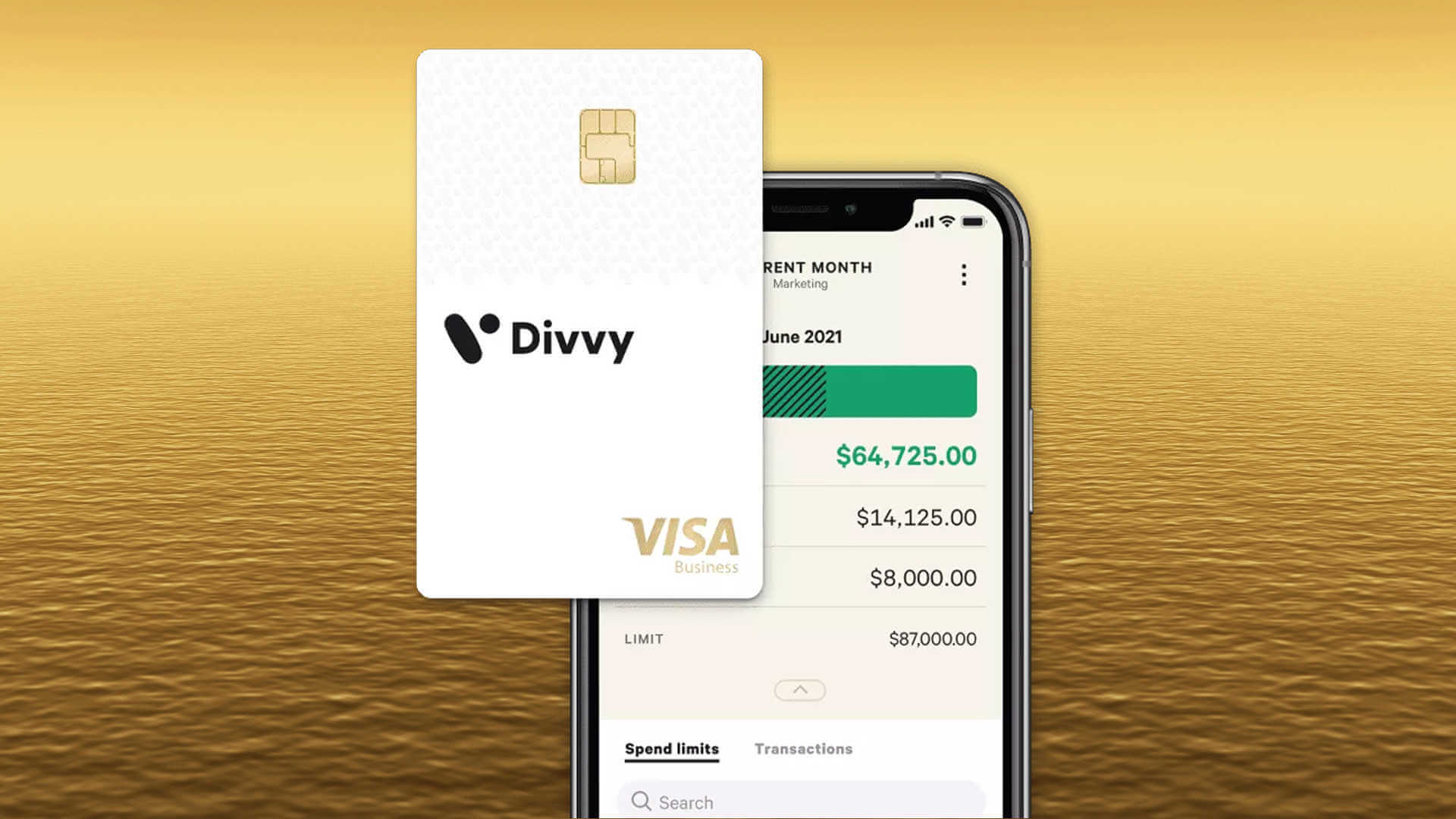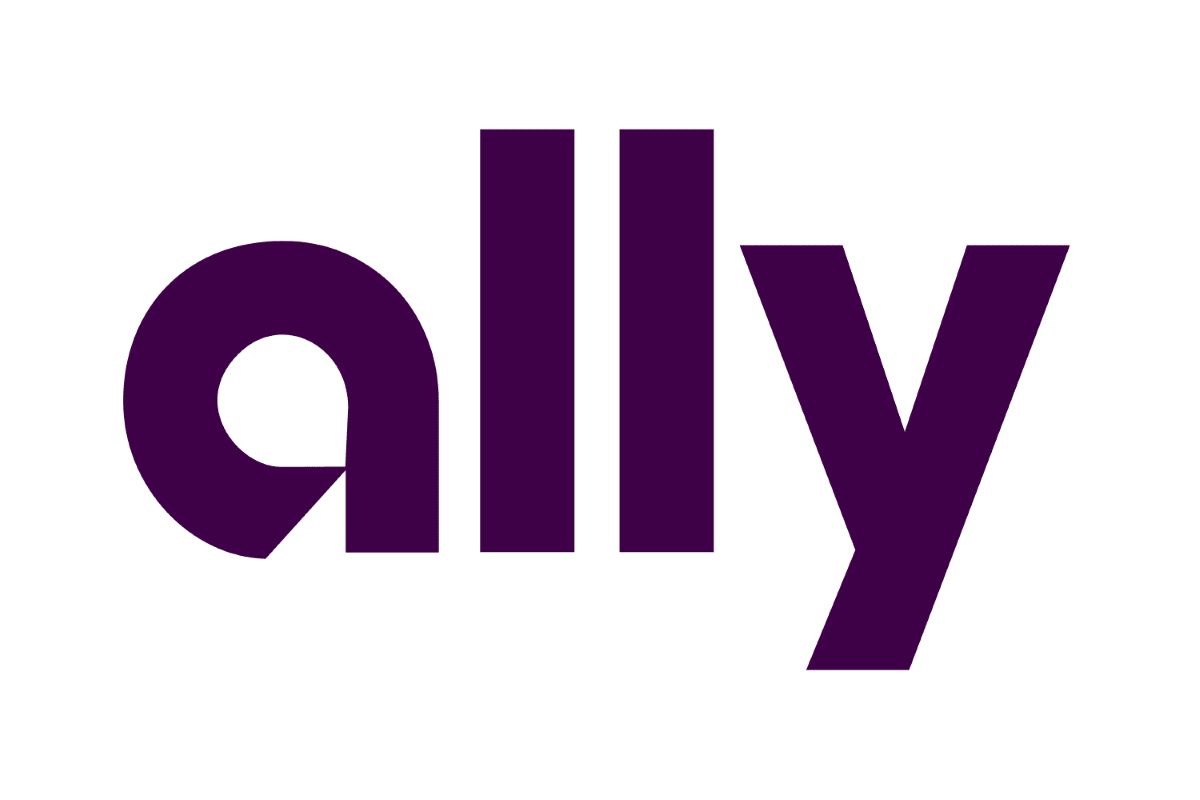

Finance
What Credit Score Do You Need For Tally
Published: October 22, 2023
Looking to use Tally? Find out the credit score needed for finance, and get the key information to start managing your finances effectively.
(Many of the links in this article redirect to a specific reviewed product. Your purchase of these products through affiliate links helps to generate commission for LiveWell, at no extra cost. Learn more)
Table of Contents
What is Tally?
Tally is a financial technology company that provides a comprehensive platform for managing your personal finances. It offers various features, including expense tracking, budgeting, bill payments, and credit monitoring. One of the key components of Tally is its ability to analyze your credit score and provide personalized financial recommendations based on your creditworthiness.
Tally aims to simplify the complexities of personal finance by offering users a consolidated view of their financial information. By connecting your bank accounts and credit cards to the Tally platform, you can easily track your expenses, monitor your credit utilization, and stay on top of your bills.
With Tally, you can also gain insights into your spending patterns and receive alerts for potential savings opportunities. The platform uses advanced algorithms to identify areas where you can optimize your finances and make informed decisions to improve your financial well-being.
Additionally, Tally offers a unique feature known as the Tally Credit Card. This credit card is designed to help you save money by consolidating and paying off your credit card balances at a lower interest rate. Tally intelligently manages your credit card payments, ensuring that you pay the minimum amount necessary to avoid late fees while maximizing your savings.
By utilizing Tally’s services, you can gain greater control over your finances, reduce your debt, and improve your overall financial health.
Importance of Credit Score
Your credit score plays a crucial role in your financial life, influencing your ability to borrow money, obtain favorable interest rates on loans, and even secure a rental property or job. It is a numerical representation of your creditworthiness and is used by lenders, landlords, and other financial institutions to assess the level of risk associated with lending you money.
A high credit score indicates that you have a history of responsibly managing your finances, making payments on time, and using credit wisely. This gives lenders confidence in your ability to repay loans and increases your chances of being approved for credit cards, mortgages, and other loans at favorable interest rates.
On the other hand, a low credit score can have significant repercussions. It may result in higher interest rates, limited access to credit, and even difficulty in renting a home or obtaining certain job positions. It is therefore essential to understand the importance of maintaining a good credit score.
Here are a few key reasons why a good credit score is important:
- Better loan and credit card options: With a high credit score, you have access to a wider range of loan and credit card options. Lenders are more likely to offer you competitive interest rates and favorable borrowing terms.
- Lower interest rates: A good credit score can result in lower interest rates on loans and credit cards, saving you a significant amount of money over time.
- Easier approval for rental properties: Landlords often consider credit scores when evaluating rental applications. A higher credit score increases your chances of being approved for a rental property.
- Employment opportunities: Certain employers may check credit scores as part of the hiring process, particularly for positions that involve financial responsibilities. A good credit score can enhance your chances of securing these job opportunities.
- Utility service approvals: Utility companies may inquire about your credit score before providing services such as electricity, water, or internet. A good credit score can help you avoid security deposits or upfront payments.
Overall, your credit score is a reflection of your financial responsibility and can have a significant impact on your financial well-being. By maintaining a good credit score, you can enjoy more financial opportunities and save money in the long run.
Understanding Credit Scores
Credit scores are numerical values that range from 300 to 850 and are designed to assess an individual’s creditworthiness. They provide lenders and creditors with a quick snapshot of how reliable a borrower is likely to be in repaying their debts.
Understanding the components that contribute to your credit score can help you make informed financial decisions and take steps to improve your score. The most commonly used credit scoring model is the FICO score, developed by the Fair Isaac Corporation.
The FICO score is based on several factors:
- Payment history: This is the most significant factor in determining your credit score. It considers whether you have made your payments on time, any missed or late payments, and whether you have any accounts in collections or bankruptcies.
- Amount owed: This factor takes into account how much you owe on your credit accounts relative to your total credit limit. It considers your credit utilization ratio—how much of your available credit you have used. Lower ratios are generally better for your score.
- Length of credit history: This factor considers how long you have been using credit. It takes into account the age of your oldest and newest accounts, as well as the average age of all your accounts. A longer credit history generally indicates more stability and can positively impact your credit score.
- New credit: Opening several new credit accounts within a short period can negatively impact your credit score. This factor considers the number of new accounts, the number of recent inquiries, and the time elapsed since your last credit inquiry.
- Credit mix: Lenders like to see a diverse mix of credit accounts, such as credit cards, loans, and mortgages. This factor considers the types of credit accounts you have and how well you manage them.
It’s important to note that different credit bureaus may have slight variations in how they calculate credit scores. However, the general principles remain the same. By understanding these key factors, you can take measures to improve your credit score over time.
Monitoring your credit score regularly and checking your credit reports for any errors or discrepancies is also crucial. Reporting agencies are required to provide you with one free credit report per year, which you can review for inaccuracies and take steps to correct.
Remember that building and maintaining a good credit score takes time and consistent financial responsibility. By understanding the factors that contribute to your credit score, you can take the necessary steps to improve it and achieve your financial goals.
Factors Affecting Credit Scores
Several factors can influence your credit score, and understanding these factors can help you manage your finances more effectively and improve your creditworthiness. Here are the main factors that impact your credit score:
- Payment history: Your payment history is one of the most critical factors affecting your credit score. Making payments on time and in full demonstrates your ability to manage credit responsibly. Late payments, missed payments, or defaulting on loans can significantly lower your credit score.
- Credit utilization: Your credit utilization ratio refers to the amount of credit you are using relative to your total available credit. Using a large portion of your available credit can indicate financial strain and may negatively impact your credit score. It is generally recommended to keep your credit utilization below 30%.
- Length of credit history: The length of your credit history is another crucial factor. A longer credit history demonstrates your ability to manage credit over time. It takes into account the age of your oldest and newest accounts and the average age of all your accounts.
- Types of credit: Lenders also consider the types of credit you have. A healthy mix of credit accounts, such as credit cards, loans, and mortgages, can positively impact your credit score. It indicates that you can handle different types of credit responsibly.
- New credit: Opening multiple new credit accounts within a short period can raise concerns about your ability to manage additional credit. Each time you apply for new credit, it results in a hard inquiry on your credit report, which can temporarily lower your credit score. It is important to be selective and strategic when applying for new credit.
- Public records and collections: Negative information such as bankruptcies, tax liens, and accounts in collections can have a significant negative impact on your credit score. It is essential to address any outstanding debts and resolve past financial issues to improve your creditworthiness.
It’s important to note that the weightage of each factor may vary depending on your individual credit profile and the credit scoring model being used. Additionally, credit scores are dynamic and can change based on your financial behavior over time.
By understanding these factors, you can take proactive steps to manage your credit responsibly and improve your credit score. Paying your bills on time, keeping credit utilization low, maintaining a mix of credit accounts, and avoiding unnecessary credit inquiries are all key strategies to enhance your creditworthiness and build a strong credit profile.
Minimum Credit Score Required for Tally
While there is no publicly disclosed minimum credit score requirement for Tally, it’s important to have a good credit score to fully benefit from Tally’s services. Tally primarily focuses on helping individuals manage their credit cards and optimize their financial situation. Therefore, having a solid credit score plays a significant role in maximizing the benefits Tally offers.
Typically, a credit score of 680 or higher is considered a good credit score, and it increases your chances of being approved for Tally’s services. However, since Tally utilizes various lenders and credit card issuers, the specific credit score requirements may vary depending on their partnerships and agreements.
It’s worth noting that Tally analyzes your credit profile and provides personalized recommendations based on your specific financial situation. Even if your credit score falls below the ideal range, Tally’s platform can still assist you in managing your finances, reducing interest costs, and paying down debts more efficiently.
If your credit score does not meet the minimum requirements for Tally, it’s crucial to focus on improving your credit score. This can be achieved by making consistent on-time payments, paying down existing debts, reducing credit utilization, and addressing any negative items on your credit report.
Remember, while having a good credit score is beneficial when using Tally, it’s not the sole factor in determining your eligibility or the level of assistance you can receive. Tally’s platform offers value in various aspects of personal finance management, including budgeting, bill payments, and expense tracking, which can still be highly valuable to individuals regardless of their credit score.
Overall, maintaining a good credit score is crucial not only for Tally but also for your overall financial health. By monitoring and improving your credit score, you can enhance your financial opportunities and make the most of the services provided by Tally.
Benefits of Having a Good Credit Score for Tally
Having a good credit score can significantly enhance your experience with Tally and unlock various benefits. Tally’s platform is designed to help individuals manage their credit cards, optimize their finances, and save money. Here are the key benefits of having a good credit score when using Tally:
- Access to better credit card options: With a good credit score, you have a higher chance of qualifying for credit cards with more favorable terms, such as lower interest rates, higher credit limits, and attractive rewards programs. This allows you to maximize the benefits you receive from using credit cards while minimizing costs.
- Opportunity for lower interest rates: Tally’s primary goal is to help users pay down high-interest credit card debt more efficiently. With a good credit score, you have a better chance of obtaining lower interest rates on credit cards, which can significantly reduce the overall interest expense you incur.
- Improved chances of getting approved: Some of the services provided by Tally, such as the Tally Credit Card, may require a certain credit score threshold for eligibility. By having a good credit score, you increase your chances of being approved for these services, which can help you consolidate and manage your credit card debt more effectively.
- Greater financial savings: Tally’s platform analyzes your credit card balances and interests to create a customized payment plan that minimizes interest charges. A good credit score allows Tally to negotiate with credit card companies on your behalf, potentially securing lower interest rates and saving you money in the long run.
- Improved financial management: Tally’s tools and features can help you stay organized and in control of your finances, providing a holistic view of your credit card balances, due dates, and payment schedules. Having a good credit score indicates responsible financial habits, making it easier for you to manage your credit cards effectively through Tally’s platform.
It is important to note that while having a good credit score is beneficial for maximizing the benefits of Tally, individuals with lower credit scores can still benefit from Tally’s services. Tally offers various tools and resources to help users improve their financial situation, including personalized recommendations and assistance in paying down debt.
Regardless of your credit score, Tally’s platform can provide valuable insights, help you manage your expenses, and optimize your financial situation. However, maintaining a good credit score ensures that you have access to the best credit card options, lower interest rates, and an overall more favorable financial experience with Tally.
Improving Your Credit Score for Tally
If your credit score is not at the desired level for optimal use of Tally’s services, don’t worry! There are steps you can take to improve your credit score over time. Here are some strategies to help you enhance your creditworthiness:
- Make payments on time: Payment history is a significant factor in your credit score. Ensure that you make all of your credit card and loan payments on time to demonstrate your reliability as a borrower.
- Pay down outstanding debts: High levels of debt can negatively impact your credit score. Focus on paying down your outstanding balances, starting with the debts that have the highest interest rates.
- Lower your credit utilization: Aim to keep your credit card balances below 30% of your available credit. High credit utilization can signal financial instability and negatively affect your credit score. Pay down your balances or consider requesting a credit limit increase to lower your credit utilization ratio.
- Monitor your credit reports: Regularly check your credit reports from the major credit bureaus (Equifax, Experian, and TransUnion) to ensure they are accurate. Dispute any errors or discrepancies promptly to avoid potential negative impacts on your credit score.
- Avoid opening unnecessary new credit accounts: Applying for multiple credit cards or loans within a short period can lower your credit score. Be selective when considering new credit and only open accounts that you truly need.
- Keep old accounts open: Closing old credit accounts can negatively affect your credit score. If you have old, unused credit cards, consider keeping them open to maintain a longer credit history.
- Manage different types of credit: Having a mix of credit accounts, such as credit cards, loans, and mortgages, can positively impact your credit score. Responsibly managing different types of credit demonstrates your ability to handle various financial obligations.
- Seek professional help if needed: If you’re struggling with significant debt or finding it difficult to improve your credit score on your own, it may be beneficial to consult a reputable credit counseling agency. They can offer guidance and support to help you navigate your financial challenges.
Remember, improving your credit score takes time and consistent effort. It’s essential to be patient and stay committed to good financial habits. By taking these steps and consistently working towards better credit management, you can improve your credit score and optimize your experience with Tally’s services.
Tally can also provide valuable insights and guidance to help you improve your credit score. By leveraging the platform’s features and utilizing the personalized recommendations, you can develop a solid plan to enhance your creditworthiness and achieve your financial goals.
Conclusion
Your credit score is a crucial element of your financial health, and it plays a significant role in your ability to access credit, obtain favorable interest rates, and manage your finances effectively. Tally, as a comprehensive financial platform, can greatly benefit individuals with good credit scores.
Throughout this article, we discussed various aspects related to Tally, including what it is, the importance of credit scores, factors affecting credit scores, the minimum credit score required for Tally, the benefits of having a good credit score for Tally, and strategies for improving your credit score.
While Tally does not have a publicly disclosed minimum credit score requirement, having a good credit score enhances the benefits you can derive from the platform. A good credit score opens up access to better credit card options, lower interest rates, and a greater likelihood of being approved for Tally’s services.
Improving your credit score takes time and effort. By consistently making payments on time, paying down debts, lowering credit utilization, and managing various types of credit, you can work towards enhancing your creditworthiness. Regularly monitoring your credit reports for accuracy and staying mindful of your financial choices are also important steps on this journey.
Even if your credit score is not ideal, Tally can still be a valuable tool for managing your finances and optimizing your credit card usage. The platform provides features such as expense tracking, bill payments, and personalized financial recommendations to help you take control of your financial situation and work towards a healthier credit profile.
Remember, maintaining a good credit score is an ongoing process. By utilizing the resources and insights provided by Tally, along with adopting responsible financial habits, you can improve your creditworthiness over time and enjoy the full benefits of Tally’s services.
Take charge of your credit score, manage your finances wisely, and let Tally be your partner in achieving your financial goals.














